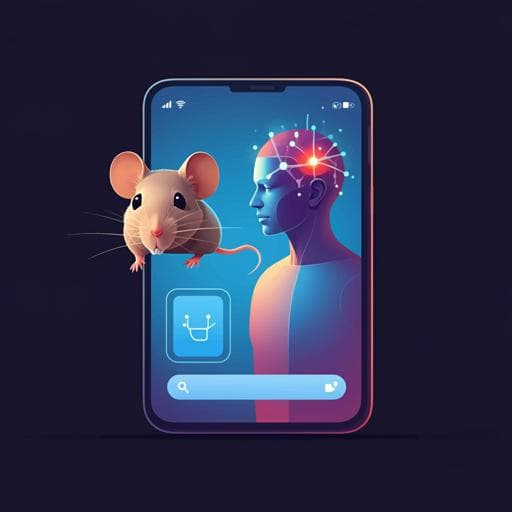
Medicine and Health
Similar cognitive deficits in mice and humans in the chronic phase post-stroke identified using the touchscreen-based paired-associate learning task
W. Z. Chow, L. K. Ong, et al.
This study by Wei Zhen Chow and team investigates post-stroke cognitive function using a novel touchscreen-based learning task. Findings reveal that chronic stroke survivors have reduced cognitive performance compared to age-matched controls, with striking parallels observed in post-stroke mice. Discover how this research could inform future therapies aimed at enhancing cognitive recovery after stroke.
Related Publications
Explore these studies to deepen your understanding of the subject.







